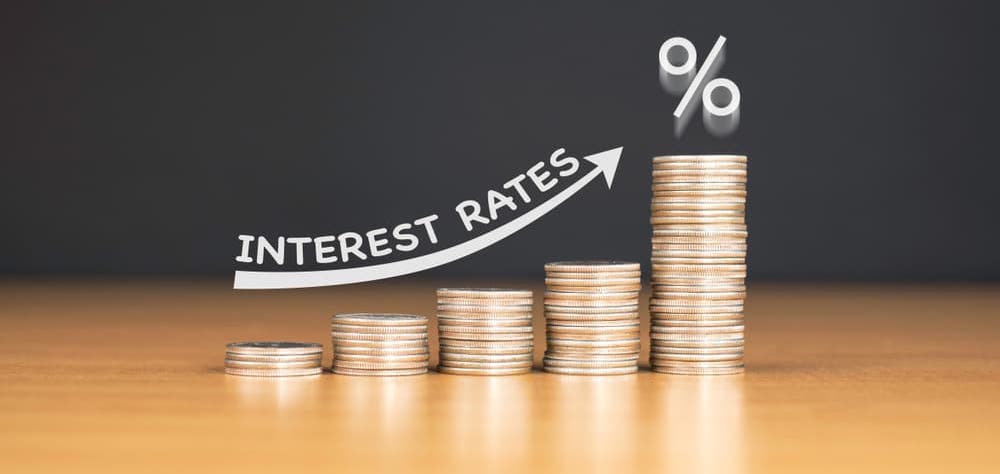Preparing For Interest Rate Rises

Off the back of the RBA's 11th interest rate rise in a year, here are some tips on Preparing For Interest Rate Rises
Interest rate rises can be a worrying prospect for many Australians, especially those with loans or mortgages. However, there are steps you can take to prepare for an interest rate rise, and minimise its impact on your finances. In this article, we’ll explore some strategies you can use to prepare for an interest rate rise in the Australian context.
- Understand the RBA’s monetary policy
The Reserve Bank of Australia (RBA) is responsible for setting the country’s monetary policy, including the official cash rate. The official cash rate is the rate at which the RBA lends money to commercial banks. When the RBA raises the official cash rate, this can lead to an increase in interest rates on loans and mortgages.
It’s important to understand the RBA’s monetary policy and keep an eye on any changes that may be coming. You can do this by following the news, reading economic reports, and consulting with financial experts.
- Create a budget
Creating a budget is an essential part of financial planning, and it can be especially helpful in preparing for an interest rate rise. By knowing exactly how much money you have coming in and going out each month, you can identify areas where you may be able to cut back on expenses.
When creating a budget, make sure to include any potential increases in loan or mortgage repayments due to an interest rate rise. This will give you a clearer picture of your financial situation and help you prepare for any additional expenses.
_________________________
Read more:
Can you shorten your home loan term?
Consequences of Late Home Loan Repayments
How does rising inflation affect your borrowing power?
_________________________
- Pay down debt
If you have any outstanding debt, such as credit card debt or a personal loan, it’s a good idea to try and pay it down as much as possible before an interest rate rise. This is because interest rates on these types of loans are likely to increase when the official cash rate goes up.
Paying down debt can also help improve your credit score, which may make it easier for you to negotiate better interest rates on loans and mortgages in the future.
- Consider fixing your interest rate
If you’re concerned about the impact of an interest rate rise on your finances, you may want to consider fixing your interest rate. This means that the interest rate on your loan or mortgage is locked in for a set period of time, usually between one and five years.
Fixing your interest rate can provide some certainty and stability, as you’ll know exactly how much your repayments will be each month. However, it’s important to note that fixed interest rates are often higher than variable interest rates, so you’ll need to weigh up the pros and cons before making a decision. But this can certainly be a good buffer in Preparing For Interest Rate Rises.
- Shop around for a better deal
Finally, if you’re currently paying a high interest rate on your loans or mortgage, it may be worth shopping around for a better deal. You can do this by comparing interest rates from different lenders and negotiating with your current lender for a better rate.
While shopping around can take time and effort, it can save you a significant amount of money in the long run. Just make sure to read the fine print carefully and consider any potential fees or charges associated with switching lenders.
Preparing for interest rate rises requires some planning and effort, but it can help you minimise the impact on your finances. By understanding the RBA’s monetary policy, creating a budget, paying down debt, considering fixing your interest rate, and shopping around for a better deal, you can put yourself in a stronger financial position and be better prepared for any changes in interest rates.
Speak to a mortgage broker today about the Impact of Interest rate rises and Preparing For Interest Rate Rises.




